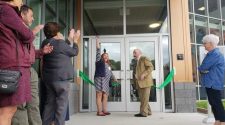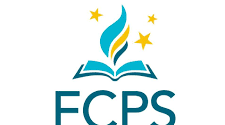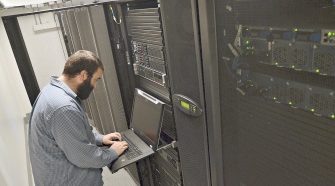Under the terms of the agreement, Bioasis will get an upfront payment of US$3 million
Bioasis Technologies Inc () () and Chiesi Global Rare Diseases have entered into a licensing agreement for Bioasis’ xB3 BBB platform technology to treat rare diseases with a focus on four undisclosed lysosomal storage disorders (LSDs).
Under the terms of the agreement, international research-focused healthcare firm Chiesi Group, the parent of Chiesi Global Rare Diseases, will pay Bioasis an upfront payment of US$3 million.
Bioasis, based in Guilford, Connecticut, may also be eligible to receive additional development, regulatory and commercial milestone payments of up to US$138 million, as well as additional royalties on net sales of licensed products.
WATCH: Bioasis Technologies says revenue potential for brain metastasis of breast cancer is $404M
Chiesi Group will be responsible for all costs associated with research, development and commercialization of the four undisclosed LSD programs.
LSDs are inherited disorders resulting from a lack of specific enzymes that break down certain lipids (fats) or carbohydrates (sugars) in the body cells.
“With this collaboration, we are taking our commitment to bringing innovative therapies to rare disease patients, including those living with LSDs, to an entirely new level,” said Giacomo Chiesi, head of Chiesi Global Rare Diseases, in a statement Monday.
“The unique delivery method of their xB3 platform has the potential to overcome a significant challenge in the treatment of many neurological disorders, which is the ability to cross the blood-brain barrier. We look forward to working closely with the Bioasis team in advancing several new LSD clinical development programs using this technology platform.”
Bioasis CEO Deborah Rathjen noted that the neurological complications of LSDs remain largely untreatable when peripheral symptoms of diseases respond to enzyme replacement therapy.
“Our xB3 BBB drug delivery platform has the potential to significantly advance the treatment of LSDs and the use of enzyme replacement therapy, solving one of the major unmet needs and improving the lives of patients,” Rathjen added.
Contact the author: [email protected]
Follow him on Twitter @PatrickMGraham
















